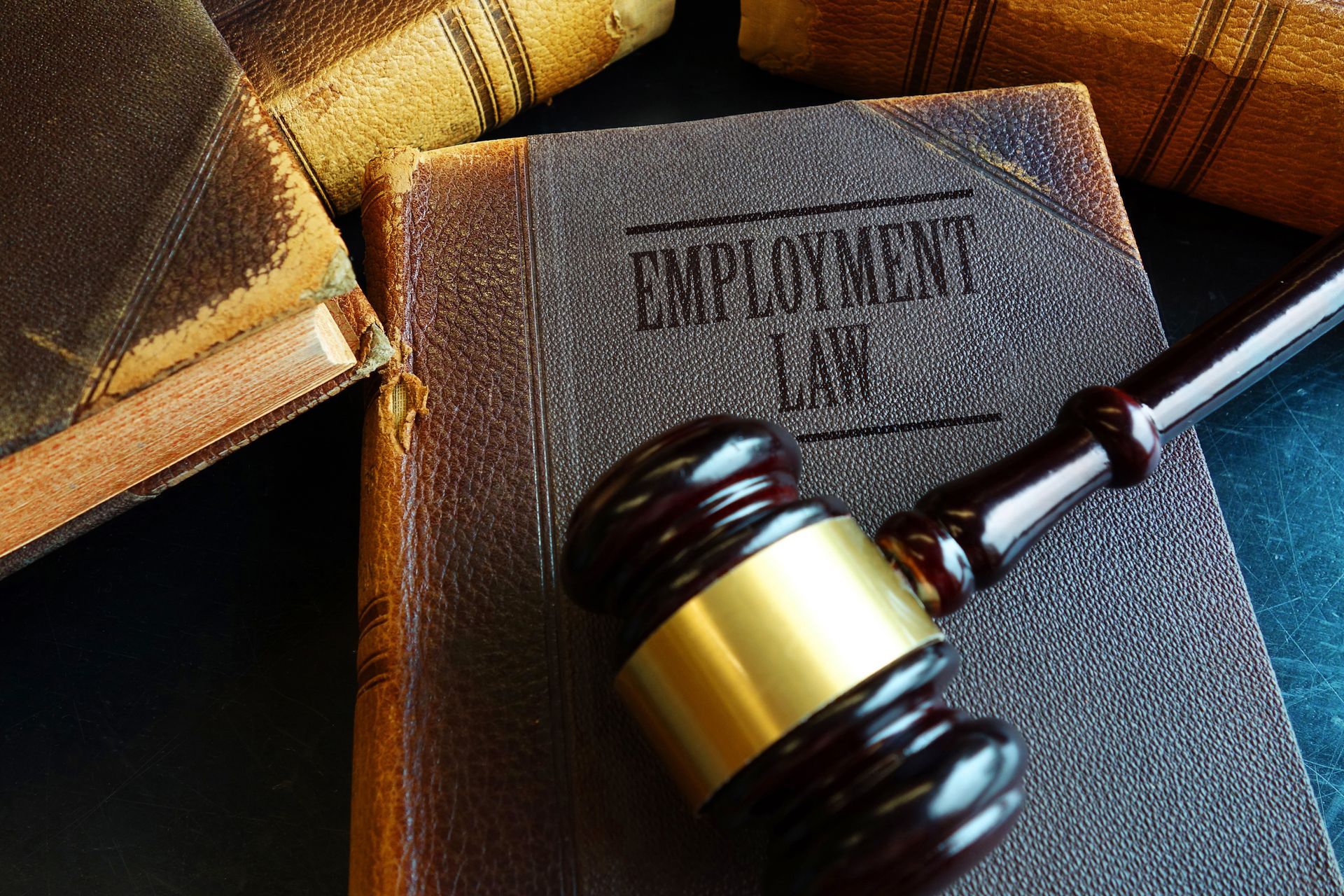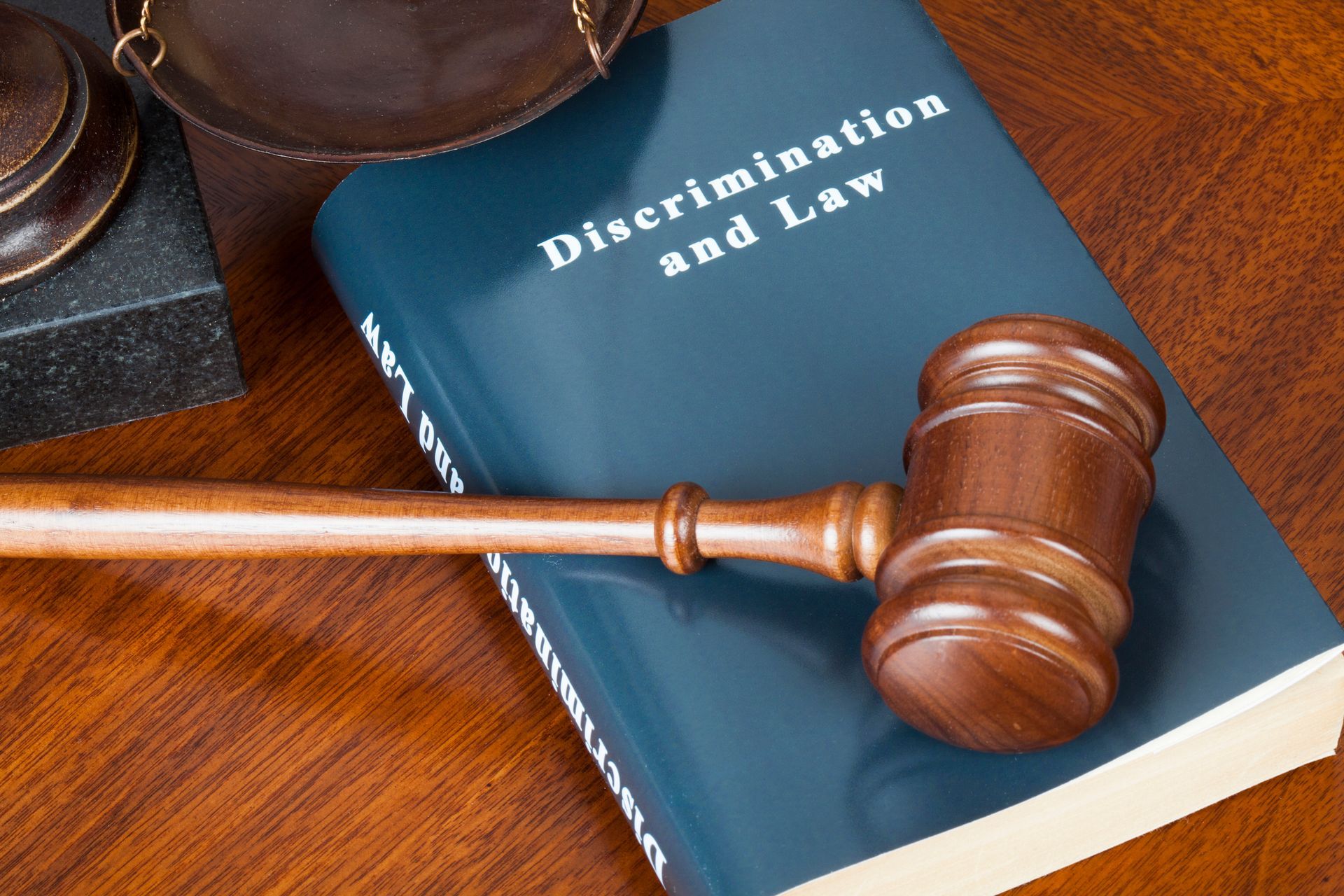Hostile Work Environment? The Pros and Cons of Quitting

When a person faces the pressures of having to work in a hostile work environment day after day, the desire to leave usually mounts. But they may also hold back on this step for fear of making their own situation even worse, financially or legally.
If you're in this unenviable position, how can you decide if you should quit your job or stick it out? There is no right or wrong answer because it all depends on your unique circumstances. But to help you choose the right path, consider these pros and cons.
The Pros of Quitting
The biggest upside to leaving a hostile environment is simply that you don't have to work in it anymore. Suffering in a place where you feel threatened, belittled, mocked, or forced to do things you don't want to is no way to maintain a healthy and stable emotional or mental state. Quitting may have its drawbacks, but this will be one form of immediate relief you can achieve right now.
If you quit your position or employer due to such hostility, you may also still be able to collect unemployment benefits. Generally a person who quits forfeits their right to unemployment benefit payments, but are exceptions that allow you to pursue other legal rights through the EEOC and Federal Court.
This exception is known as constructive discharge. It means that due to the discrimination or harassment the employer was causing (or allowing), they effectively forced you to quit in order to protect yourself. While the employer didn't actually discharge you, it constructively did. You will, of course, need to be able to prove this to the Court’s satisfaction.
The Cons of Quitting
Of course, quitting any job is a big step. It has repercussions that may last for years.
If you don't have another position lined up, quitting may be a financial burden. And even if you can eventually successfully claim unemployment benefits, it will likely take some time. That might add economic troubles to an already stressful situation. One way to resolve this issue and give yourself a new focus is to actively work on lining up a new job and/or aggressively saving money rather than rashly quitting.
Quitting the position can also derail your overall position or career trajectory. What if you like your job, aside from whatever or whoever is causing the harassment? What if you've worked hard to reach this level and will be set back if you leave it? Rather than solve a temporary problem with a permanent solution, you might seek a different answer that will protect your earning power and position.
Finally, leaving your workplace prevents you from compiling further evidence. You might still have access to witnesses of the situation, but you will largely be unable to do things like print out relevant emails, document incidents first-hand, or follow internal company procedures that may address the problem. The smartest move, if you can, is often to wait until you have enough documentation before leaving and ensuring that you made the employer aware of the discriminatory or sexually hostile work environment.
Where to Start
Before you decide either to quit or not to quit, consult with an experienced employment attorney in your area. Good legal representation is vital to successfully build, present, and win your case — no matter whether it's within the company or at court.
Seeking out legal advice, though, should start long before you take any actions that may be permanent. An attorney can help you secure the right documentation, find other corroboration, plan a timeline, and follow the correct steps.
Allen D. Arnold Attorney at Law can help. Call today to make an appointment and learn about the best options according to your specific work situation.
Alabama Rules of Professional Conduct Notice: No Representation is made that the quality of legal services offered is greater than that of other lawyers. The information contained on this website is not a substitute for legal advice, and reading it does not create an attorney-client relationship.









